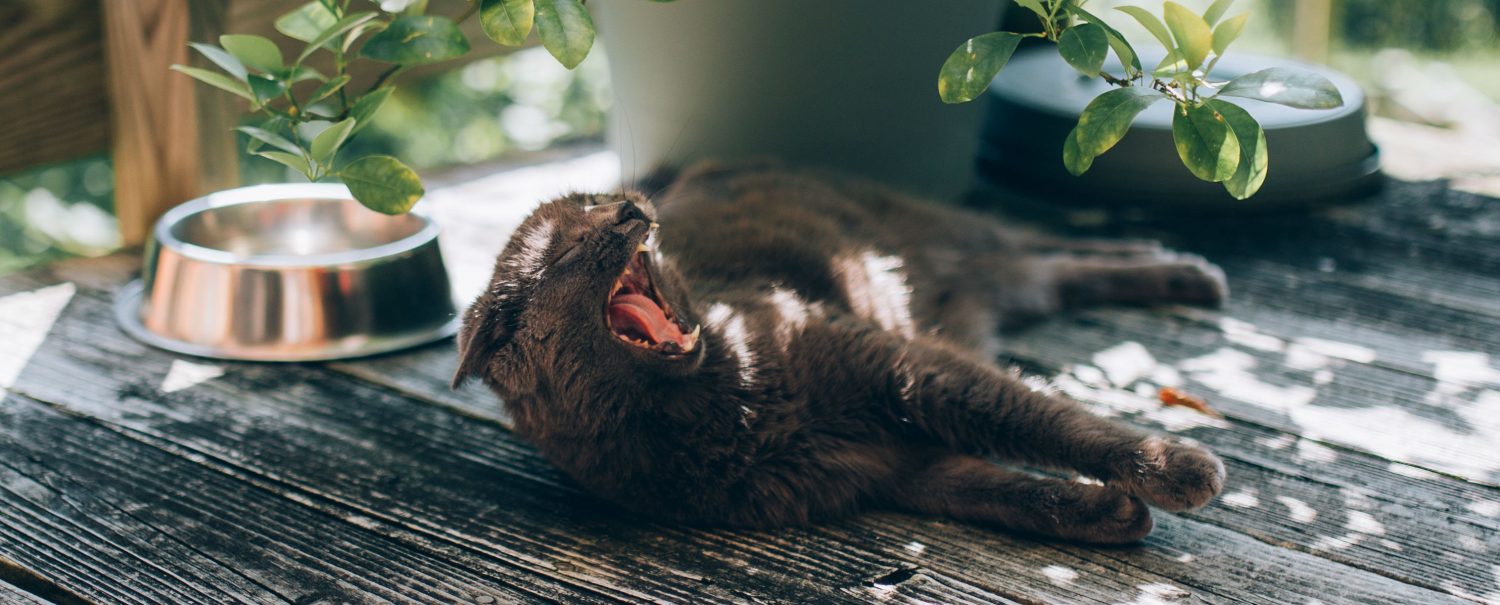What is causing my cat to wheeze, snore and release yellow discharge from his nose and how should these be treated?
Original Question: Hi I have a 3-year-old Tabby cat that was the runt of his litter. After around a year he started to wheeze and snore a lot so I brought him to the vet and he was given a needle in his back. It seemed to work for a little over a week and now the symptoms are back with a yellowish discharge coming from his nose all of the time. Everything seems fine with his eating and energy so I'm just wondering what it could be and what could I do to help him? - Petrina
 Mar 5, 2018
Mar 5, 2018
Hi Petrina,
I’m not sure what the needle your cat was given so it’s difficult to determine if that treatment needs to be continued. The discharge you are also seeing has the potential of being a bacterial infection. If left untreated, it could inflame the airways enough to where his sense of smell is affected enough that his appetite might diminish. Also, if this discharge were to migrate to the lungs, deeper infection could set in.
While I can’t outright say what the diagnosis is, here’s my thoughts. This sounds like a problem in the nasal areas where I would begin to suspect something called a nasopharyngeal polyp. The snoring and wheezing can be associated with this as it causes some airflow obstruction while breathing and while this kind of an issue is rarely life-threatening, it should be addressed by your veterinarian.
Your cat will need to likely be sedated and have some radiographs done of the skull as well as a full oral exam and visualization of the eardrums. After this is done, it can help rule out some other possible diagnoses and a more specific treatment plan can be developed to help him out. Surgery may be needed to fix the underlying problem.
Best of luck and I hope things work out for your cat.
Dr. Ryan Llera
Disclaimer: healthcareforpets.com and its team of veterinarians and clinicians do not endorse any products, services, or recommended advice. All advice presented by our veterinarians, clinicians, tools, resources, etc is not meant to replace a regular physical exam and consultation with your primary veterinarian or other clinicians. We always encourage you to seek medical advice from your regular veterinarian.

